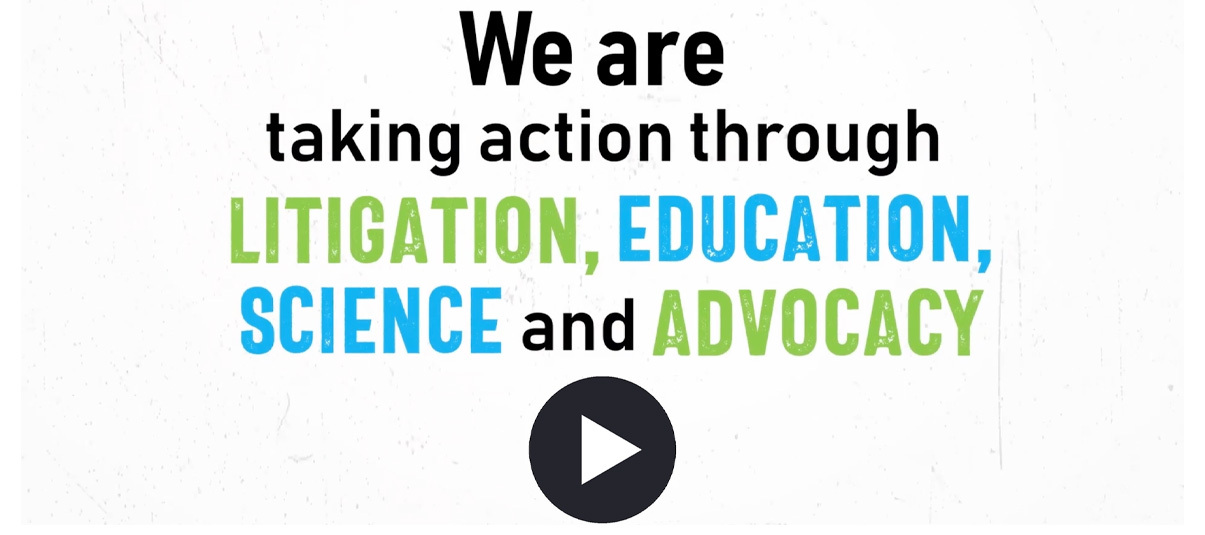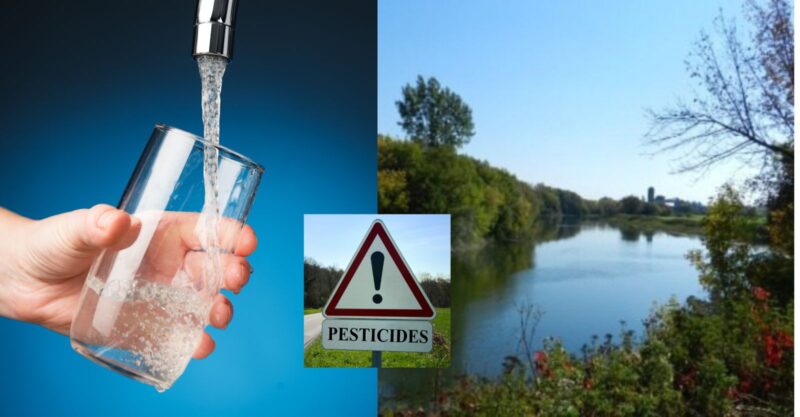Quebec Study Finds 50+ Pesticides in Treated Tap Water—Experts Warn of ‘Cocktail Effect’
A new study from Quebec, published in the June 2025 issue of scientific journal Water Research, has revealed the presence of over 50 different pesticides and their breakdown products in treated tap water, raising alarm about the cumulative health risks of low-level chemical exposure.
Led by environmental chemistry professor Sébastien Sauvé from the Université de Montréal, the study monitored water from the Châteauguay River—an area surrounded by intensive agriculture—between 2021 and 2023. Researchers compared raw river water to water that had already been treated and released for consumption.
Shockingly, not only were traces of pesticides consistently found in the treated tap water, but in some cases, concentrations were even higher after treatment. Glyphosate, the herbicide often sold under the brand name Roundup, was among the most prevalent.
While none of the samples exceeded Quebec’s legal thresholds for pesticide levels in drinking water, scientists voiced serious concern about the “cocktail effect”—the unknown consequences of exposure to a mixture of different chemicals over time. These combinations may amplify toxicity, with potential effects on human health and ecosystems.
“This isn’t a call for panic,” said Sauvé, “but it is a call for change.” He advocates for stricter regulations on total pesticide concentrations in drinking water, similar to those already adopted in the European Union. Polytechnique Montréal professor Sarah Dorner cautioned that drinking water accounts for 20% of our pesticide exposure, with the rest coming mainly from food.
Ultimately, researchers recommend upstream solutions—reducing pesticide use at the source and working with agricultural sectors—rather than relying solely on costly water treatment upgrades.
This study adds to growing calls for a more holistic, precautionary approach to chemical regulation in our water and food systems. In 2015, the World Health Organization’s International Agency for Research on Cancer (IARC) concluded that glyphosate was probably carcinogenic to humans.
Watch: What’s in the water?
Source: CBC News
Châteauguay River Photo: Claudette Gallant, publicdomainpictures.net
**************************************************************************************************************

